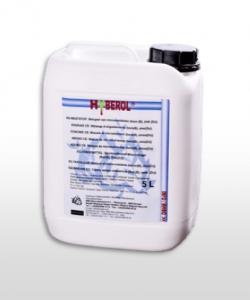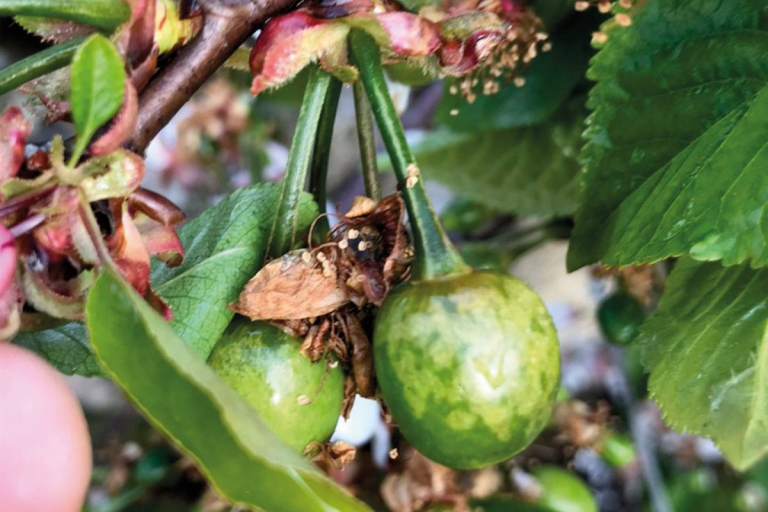You are here

Hyberol
 COMPOUND INORGANIC MICRONUTRIENT FERTILISER, Micronutrient fertiliser in solution, 1,8 % B, 2,8 % Zn
COMPOUND INORGANIC MICRONUTRIENT FERTILISER, Micronutrient fertiliser in solution, 1,8 % B, 2,8 % Zn
HYBEROL® contains marine plant extract (4.8 % or 60 g/L) and chelated Zn. In addition, HYBEROL® contains boron in a unique formulation that ensures maximum availability of this micro-nutrient to the plant. By spraying HYBEROL® on trees in post-harvest applications, the plants can fully prepared enter the winter period.
HYBEROL® is miscible with most pesticides and herbicides. Avoid mixing with oil based products. It is advisable to conduct a miscibility test before application. Consult your extension agent or crop consultant.
Do not exceed the maximum concentration of 1 % (= 1 L HYBEROL® in 100 L water). For foliar applications avoid high temperatures and bright sunshine. Treat preferably during early morning or late evening.
Hyberol can be used to replenish the reserves of fruittrees or other perennial crops. For more information on this application, please consult the following document on this subject:
Hyberol can also be used to improve rooting of young plants. Applied in the drip irrigation, close the young roots, Hyberol will stimulate the formation of a well-developed and ramified root system and therefor reduce stress of the transplanting and speed up the restart of the growth.
Results: Rooting








